(This is a re-post from November 2024 that may be of interest to recent subscribers)
Arrivals in Sheffield soon start to pick up a few new words, even a mardy so-and-so like me. However, for a surprising number of Sheffield folk over the years there has been a passion for Esperanto, the late Victorian attempt to create a new international language. As long ago as 1914 the city first hosted the British Esperanto Congress and has done so again on three further occasions, most recently in 2014.
A former Sheffield bookshop, Applebaum’s on Division Street, was a favourite meeting place for Esperantists - it’s owner, Jakob Applebaum (1877-1964), was a writer and enthusiast for the language. In 2008 a ‘Sheffield Forum’ poster fondly recalled Jakob and his family; ‘My parents were friends with old 'Putti' Appelbaum and his aristocratic 'Mutti', who looked like the Old Lady in Babar. Putti was an Esperantist. They lived in Netheredge in a Tudorbethan semi, scented with Putti's cigars and filled with oil paintings of forbears and beautiful rugs. It was the most exotic place for a six-year old to visit (in 1950).’ The Applebaum’s old store is now a coffee shop, 200 Degrees, and in 2018 the company unveiled a display about the interesting past history of their new shop.
The former Applebaum Bookshop on Division Street
In 1974, following the annual British Esperanto Congress again being held in Sheffield, a small stretch of road, formerly part of Norfolk Street, was re-named Esperanto Place in recognition of the longstanding link with the city. The road had been separated from the rest of Norfolk Street following the construction of Arundel Gate in the 1960s. This is an area of the city centre that has changed so much, and the grand buildings of that stretch of road are now sadly long gone, along with much else.
Then (1929) and now, looking down towards Fitzalan Square
Although there is not much to see on Esperanto Place itself these days, there are several stories connected with the immediate surroundings. The former General Post Office building, constructed in 1909, and now part of Sheffield Hallam University, dominates the present day view. The current Mecca Bingo hall is on the site of the Odeon Cinema, which was first planned in 1939, but eventually it became a slightly later era Sheffield cinema, finally being built in 1955. Opposite the cinema was the Elephant Inn, a once popular city centre pub - and all this overlooking Fitzalan Square itself, then a busy meeting place and thoroughfare for taxis, buses, and trams.
Then (1929) and now, looking up the road from Fitzalan Square
Although the road is now very different to the distant past, it has also changed for the better more recently. The top of Esperanto Place, alongside Arundel Gate, has been opened up making it much brighter and more spacious, instead of the short gloomy tunnel that was there previously. I suspect people gave the road a bit of a wide berth before, but now it sees more foot traffic and it has also opened up more of the view on each side of Arundel Gate, giving a small hint of the old continuous street layout.
As for the name itself, changing a street name in modern times is a rare thing. This hasn’t always been the case; in the late 19th and early 20th centuries there were several large batches of name changes as the city expanded. This was usually to prevent too many duplicate names in a particular area or postcode. Later name changes in the city include Allende Way in Darnall, re-named in 1982 in remembrance of the murdered Chilean leader Salvador Allende, so the naming of Esperanto Place was not something done lightly. It may appear a bit of a curiosity now, but it’s possible that one day an international language may re-emerge that will make it seem far-sighted after all.




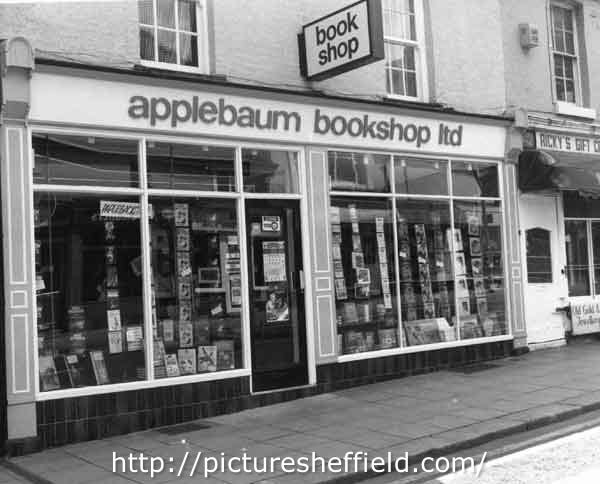
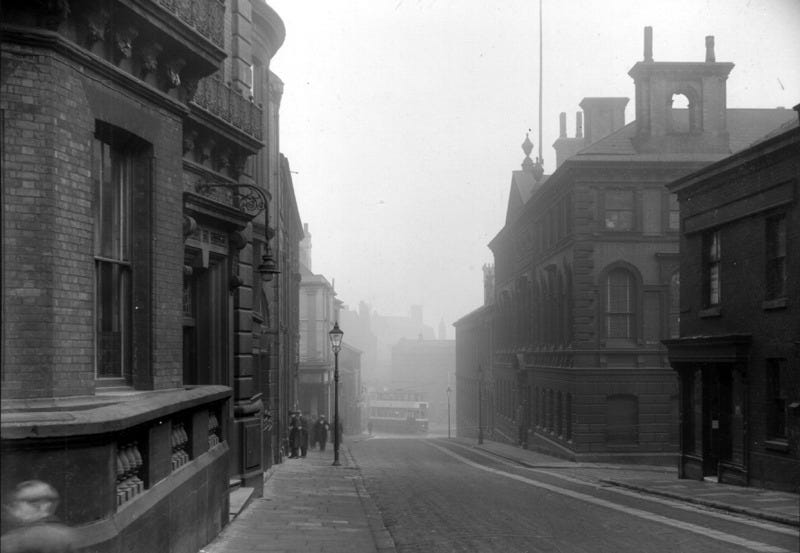
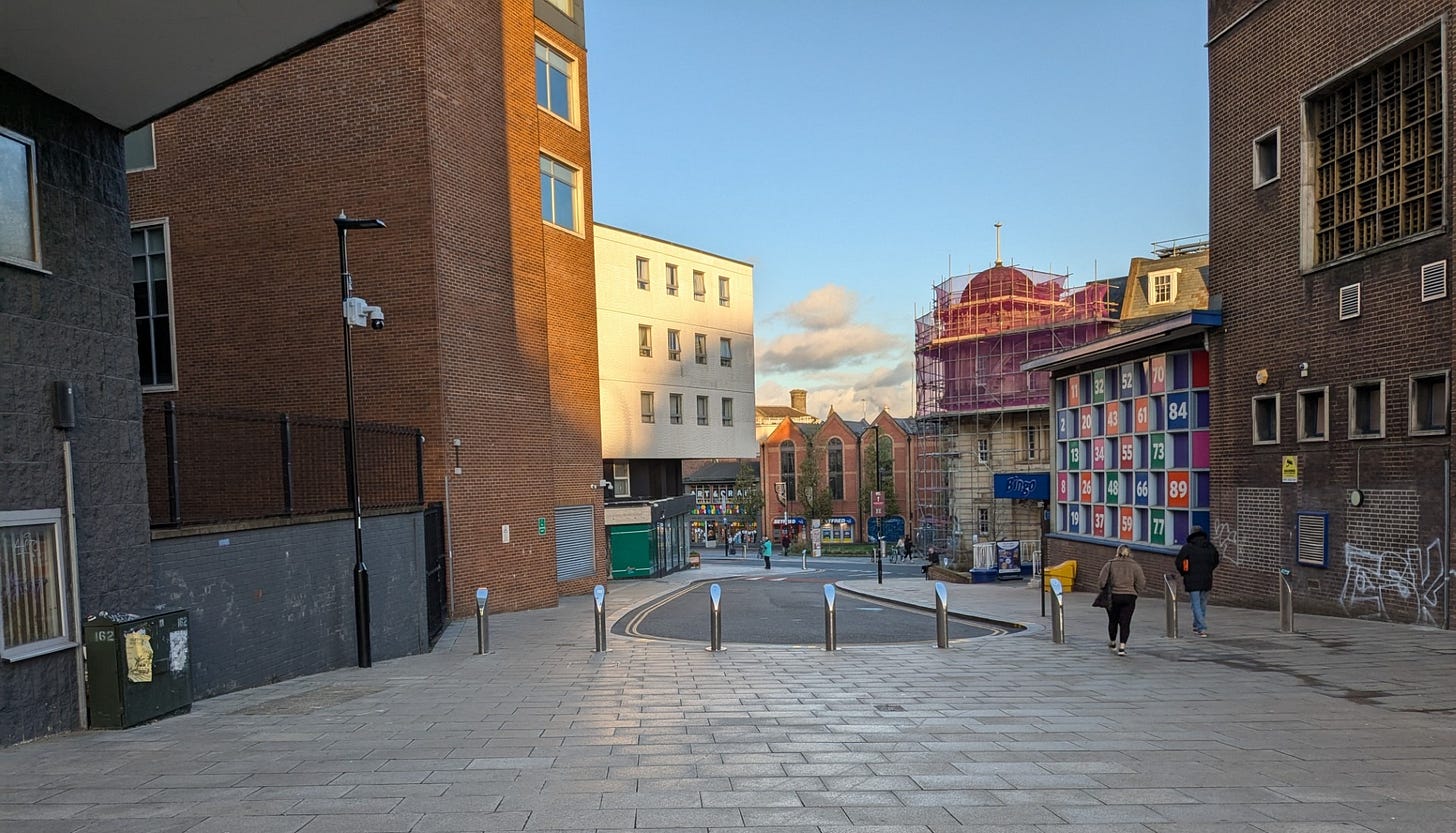
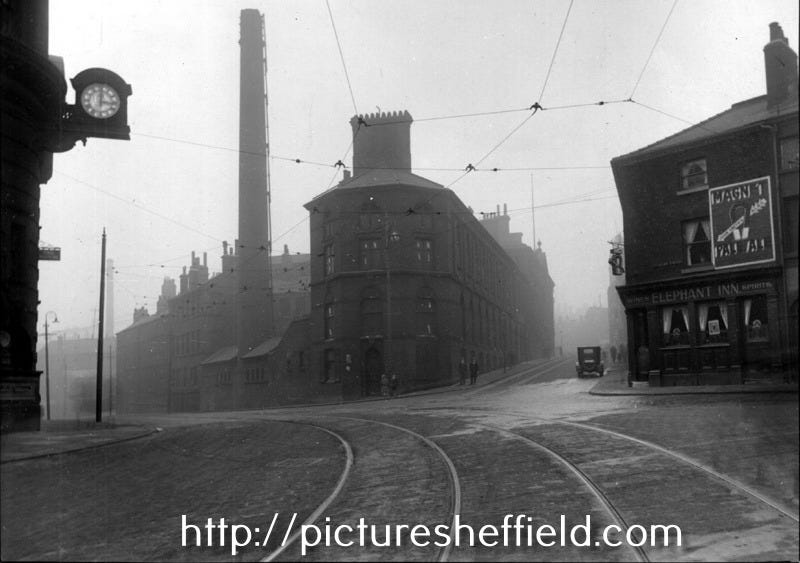
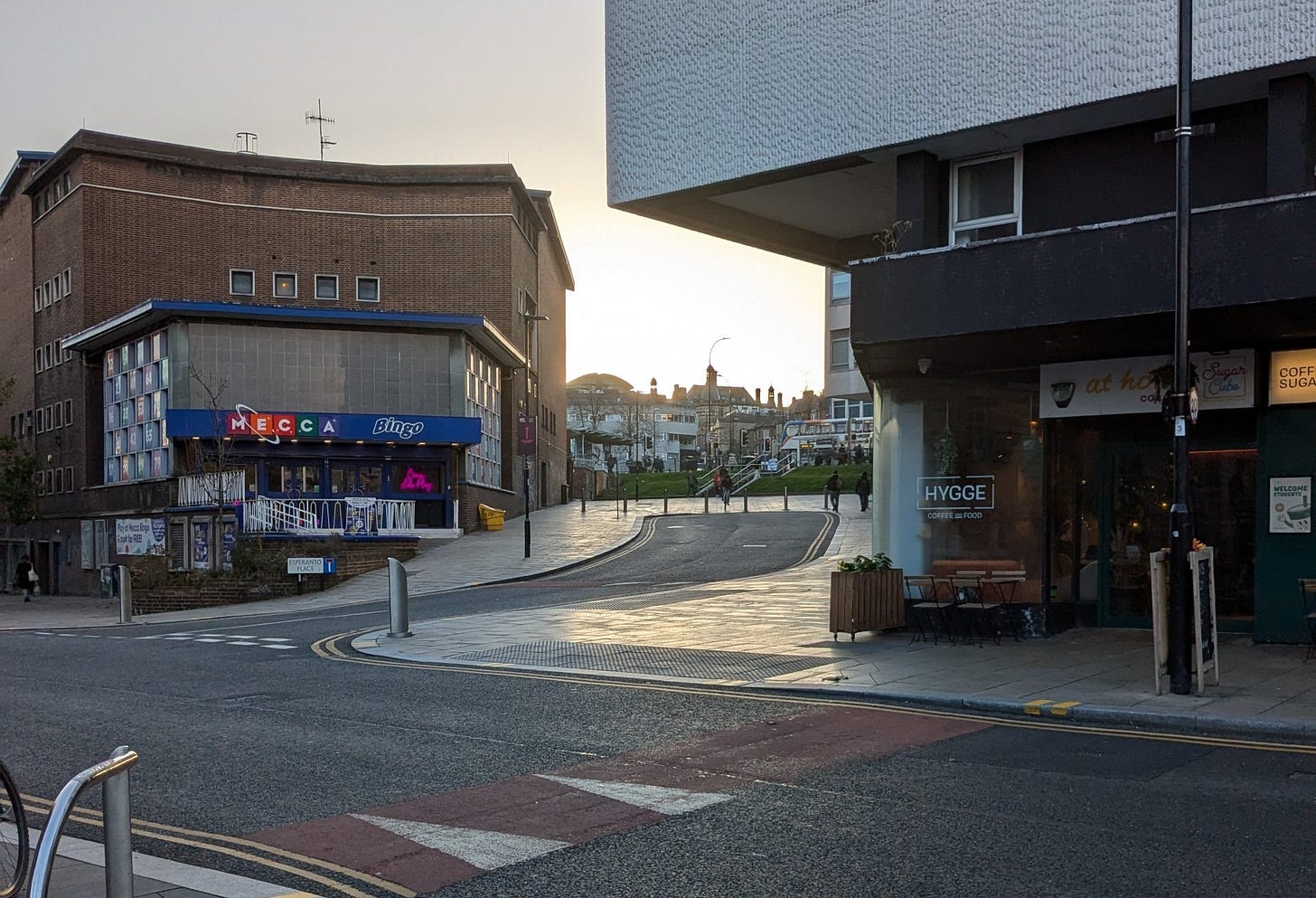
Interesting. I wonder what the Applebaum's story was.
In the 70s a Japanese friend wanted to visit Europe for a while. He decided that the best foreign language to learn for the purpose was Esperanto and eventually arrived in London without a with of English but having had an interesting time bring passed from one Esperanto community to another till he arrived in the UK. Former Yugoslavia was a particular hotbed of activity